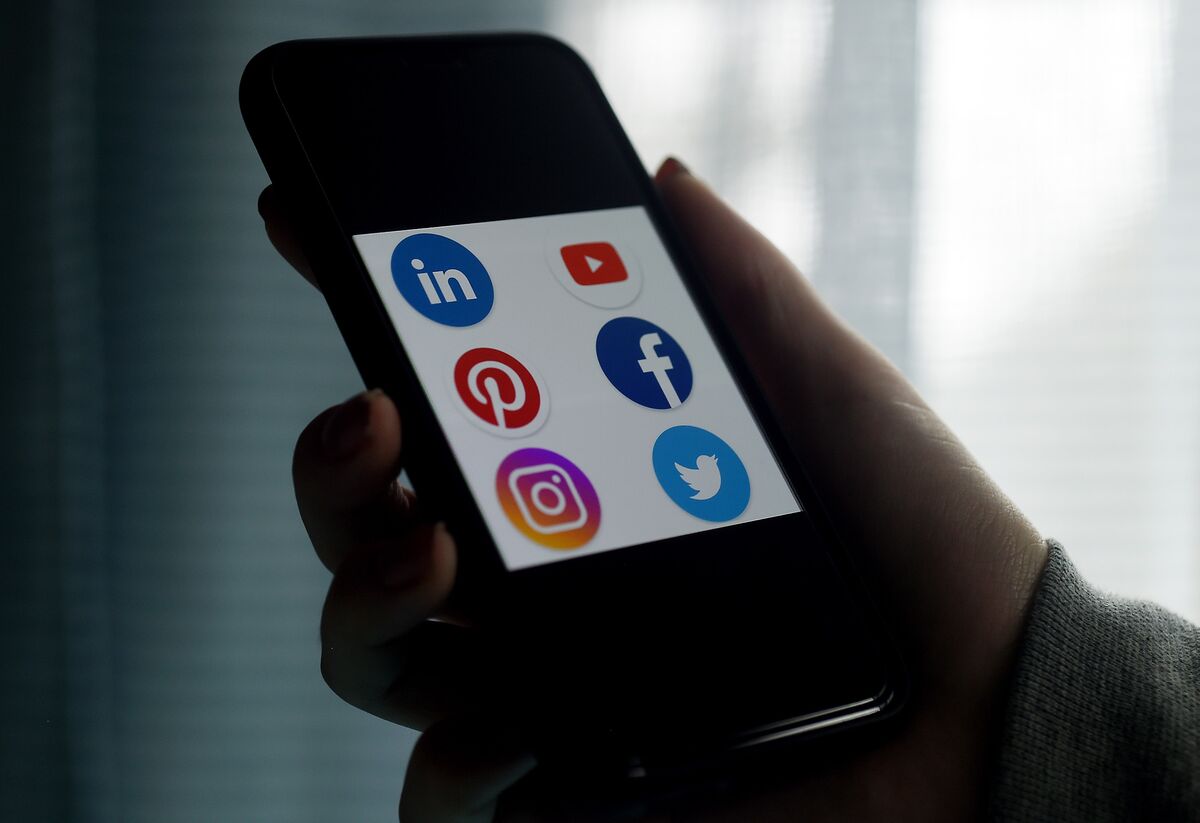
Today’s top tech news:
Why can’t we cooperate?
Over the weekend, Southwest Airlines canceled more than three thousand flights, angering passengers and sparking waves of theorizing online. Rumors spread that Southwest pilots were staging a “sick out” to protest vaccine mandates; two Republican U.S. senators endorsed this theory on Twitter. Southwest denied it. Social media, meanwhile, had a whole new flood of dubious information to handle.
By now, tech giants have tried a litany of labels, algorithmic rankings and methods to triage conspiracies and promote factual claims. But there's one step these companies haven't taken: telling one another what they're doing.
Consider YouTube. The video site has taken several steps to curb coronavirus misinformation, such as surfacing news outlets in search and recommendations (as it did with the Southwest cancellations). Two weeks ago, YouTube banned false medical claims about vaccines. That ban had a couple of loopholes letting certain videos discussing vaccines stay on the site. Many of those clips might be marked as "borderline," which are those that YouTube down-ranks for butting up against its rules. But the company didn't explain these decisions to Facebook Inc. and Twitter Inc., two of the primary sites driving eyeballs to Google’s YouTube.
“We're not blind to what other platform policies are,” Matt Halprin, a YouTube vice president, explained in an interview before YouTube's ban.
Does YouTube share any data about health and misinformation content with other platforms? "No," Halprin replied.
Inside YouTube, moderation decisions ultimately roll up to Roomba. That's the code-name Chief Executive Officer Susan Wojcicki gave to a team with Halprin and other leaders overseeing policy and enforcement, according to multiple people familiar with the company. It's a fitting term for YouTube's approach: the company sets rules for policing videos, then relies mostly on its machine models to clean up the site, whirring in the background like the little vacuum robots.
But by keeping its decisions closed, YouTube is only cleaning up its own rooms, without telling the neighbors.
That means videos YouTube tries burying as "borderline" could go gangbusters on Facebook and Twitter without those social networks knowing what YouTube has done. Indeed, last month YouTube shared that most views on borderline videos came from links on other platforms (plus channel subscribers). And Facebook, a month earlier, disclosed that the most viewed website on the social network was YouTube.com.
Tech platforms coordinate resources and responses on counter-terrorism and child sexual abuse imagery. Just not on anything else -- even public health information, 19 months into a deadly global pandemic. “There's not a lot of formalized structure to do that,” said Graham Brookie, a senior director at the Atlantic Council's Digital Forensic Research Lab. For child pornography and terrorism, there are clear case laws and registries that compel social media companies to act. They are also two issues with unanimous political agreement -- unlike, say, vaccine mandates.
Sharing data and moderation tactics requires that the platforms cooperate extensively. Under a certain light, that looks very bad. Alphabet Inc.'s Google, which owns YouTube, is facing antitrust charges of “colluding” with Facebook on advertising. These platforms, already torched on Capitol Hill, are unlikely to make moves inviting more charges like that.
To date, YouTube hasn't considered coordinating information on the pandemic like it does with terrorism and child safety, Halprin said. “It's the highly egregious real world harm where, as an industry, we've felt like it make sense,” he added.— Mark Bergen
If you read one thing
The biggest U.S. brands are facing a dilemma over their roles in the approaching winter Olympics in Beijing.
Here’s what you need to know
Facebook whistle-blower Frances Haugen will speak to parliaments in the U.K. and EU.
Walmart’s Flipkart and Amazon gear up for India’s biggest shopping season.
October 12, 2021 at 05:45PM
https://www.bloomberg.com/news/newsletters/2021-10-12/social-media-giants-share-little-in-fight-against-misinformation
Social Media Platforms Share Little in Fight Against Misinformation - Bloomberg
https://news.google.com/search?q=little&hl=en-US&gl=US&ceid=US:en

No comments:
Post a Comment